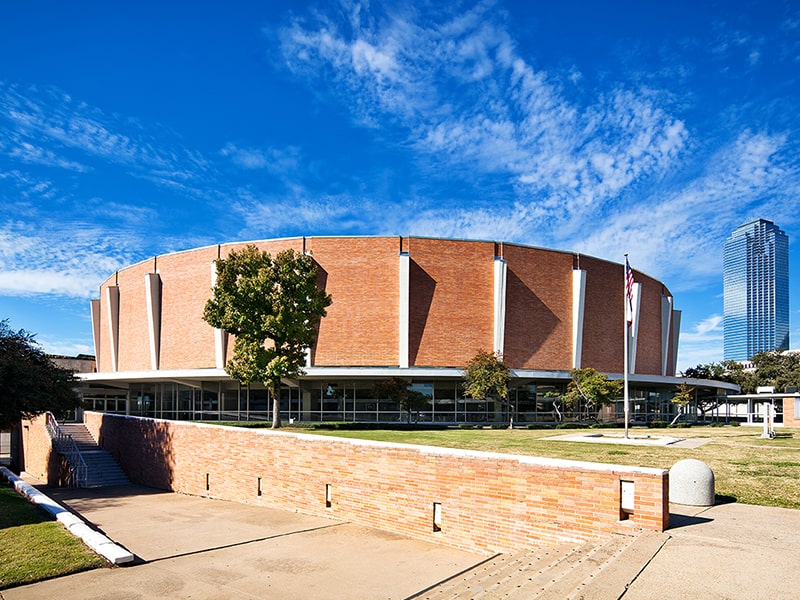Welcome to the much-awaited LPA Conference 2025, where the brightest minds in the field of landscape architecture converge to unveil the future trends and innovations shaping our environment. The LPA Conference 2025 promises to be a transformative event that will set the stage for the next era of landscape architecture. This conference serves as a platform for professionals, researchers, and enthusiasts to exchange ideas, collaborate on cutting-edge projects, and gain insights into the latest technologies revolutionizing the industry. Join us as we explore groundbreaking concepts, sustainable practices, and visionary designs that will redefine the way we interact with our surroundings. Get ready to be inspired, informed, and empowered at the LPA Conference 2025!
Introduction to LPA Conference 2025
The LPA Conference 2025 is set to be a groundbreaking event that will unveil the future of landscape architecture and set the stage for the industry’s advancements. As one of the most anticipated conferences of the year, it promises to bring together leading professionals, experts, and enthusiasts in the field to discuss the latest trends, technologies, and innovations shaping the landscape architecture industry.
Exciting Agenda
The conference will feature a diverse range of keynote speakers, interactive workshops, and panel discussions focusing on key themes such as sustainability, urban planning, and digital design techniques.
Networking Opportunities
Attendees will have the chance to connect with industry peers, forge new partnerships, and gain invaluable insights from experts through networking sessions, social events, and one-on-one interactions.

The Importance of Landscape Architecture
Landscape architecture plays a crucial role in shaping the environment we live in. In the context of the LPA Conference 2025, where experts gather to discuss the future of landscape architecture, it’s essential to highlight the significance of this field.
Enhancing Quality of Life
Landscape architecture directly impacts the quality of life for individuals and communities. Well-designed outdoor spaces contribute to physical and mental well-being, providing areas for relaxation and recreation. Green spaces in urban areas can also help mitigate the effects of climate change.
Sustainable Development
With sustainability being a key focus at the LPA Conference 2025, landscape architects play a vital role in promoting environmentally friendly practices. They design spaces that promote biodiversity, reduce pollution, and support ecosystem health. Implementing green infrastructure solutions can lead to more resilient and sustainable communities.
Key Speakers and Topics at the Conference
Get ready to be inspired by some of the most influential figures in landscape architecture at the LPA Conference 2025. This year, the conference boasts an impressive lineup of speakers who will delve into cutting-edge topics shaping the future of the industry.
Renowned Keynote Speakers
Leading the conference is Dr. Anna Smith, a visionary landscape architect known for her sustainable urban designs. Dr. Smith will deliver a keynote address on Urban Biodiversity in the Digital Age, exploring the intersection of technology and ecological conservation.

Panel Discussions and Workshops
Engage in thought-provoking discussions with experts like Prof. David Miller and Dr. Sarah Brown as they lead panel sessions on Community-Driven Design and Innovations in Green Infrastructure.
- Interactive design workshops
- Networking sessions
- Presentation of research findings
Technological Innovations in Landscape Architecture
As we look towards the future of landscape architecture, the LPA Conference 2025 showcases the latest technological innovations that are shaping the industry. One such advancement is the integration of Augmented Reality (AR) in landscape design. AR technology allows designers to overlay digital enhancements onto real-world environments, enabling clients to visualize proposed projects more effectively.
Virtual Reality Simulation
Landscape architects are now utilizing Virtual Reality (VR) simulations to create immersive experiences for clients and stakeholders. By immersing users in a digital representation of a proposed landscape project, VR technology offers a more engaging and interactive design review process.
Green Infrastructure Monitoring
With the advent of smart sensors and IoT devices, landscape architects can now monitor the performance of green infrastructure in real-time. These technologies provide invaluable data on factors such as soil moisture levels, plant health, and water usage, allowing for more efficient and sustainable landscape maintenance.

Environmentally Sustainable Practices in Landscape Design
Implementing environmentally sustainable practices in landscape design is crucial in today’s world, especially at the LPA Conference 2025. By incorporating eco-friendly methods, landscape architects can minimize environmental impact while creating beautiful and functional outdoor spaces.
Utilization of Native Plants
One key practice is the strategic use of native plants in landscaping projects. Indigenous plants are naturally adapted to the region’s climate and require less water and maintenance, reducing the need for chemical inputs.
Water Conservation Techniques
Implementing drip irrigation systems and rainwater harvesting methods can significantly reduce water usage in landscape design projects. Utilizing permeable paving and xeriscaping also helps in water conservation efforts.
- Choosing drought-resistant plants
- Installing water-efficient fixtures
Networking Opportunities and Workshops
Attending the LPA Conference 2025 presents a unique opportunity to network with industry professionals, fellow landscape architects, and experts in related fields. It is a hub where you can connect with like-minded individuals, exchange ideas, and forge valuable professional relationships.
Networking Sessions
The conference will feature dedicated networking sessions where attendees can engage in informal discussions and make meaningful connections. These sessions will be facilitated by key industry leaders to ensure maximum interaction.
Workshops and Interactive Sessions
Participating in workshops offers a hands-on learning experience and a chance to acquire new skills. These sessions are designed to enhance your expertise and broaden your knowledge in various aspects of landscape architecture.
Frequently Asked Questions
- What is the LPA Conference 2025?
- The LPA Conference 2025 is a conference focused on unveiling the future of landscape architecture.
- When and where will the LPA Conference 2025 take place?
- The specific date and location for the LPA Conference 2025 will be announced closer to the event. Stay tuned for updates!
- Who should attend the LPA Conference 2025?
- The LPA Conference 2025 is ideal for landscape architects, urban planners, environmental designers, students, and anyone interested in the future of landscape architecture.
- What can attendees expect from the LPA Conference 2025?
- Attendees can expect keynote speeches from industry leaders, interactive workshops, networking opportunities, and insights into the latest trends shaping the future of landscape architecture.
- How can I register for the LPA Conference 2025?
- Registration details for the LPA Conference 2025 will be provided on the official conference website. Keep an eye out for registration opening announcements.
- Are there sponsorship opportunities available for the LPA Conference 2025?
- For information on sponsorship opportunities for the LPA Conference 2025, please reach out to the conference organizers. Sponsorship packages may include branding exposure, speaking opportunities, and more.
Unlocking the Potential: LPA Conference 2025 in Retrospect
The LPA Conference 2025 has indeed been a transformative event that has paved the way for the future of landscape architecture. With groundbreaking discussions, innovative ideas, and collaborative networking, the conference has spurred a new wave of creativity and sustainability in the industry.
Attendees were exposed to cutting-edge technologies, impactful strategies, and visionary projects that will shape the landscape architecture domain for years to come. The interactive sessions, thought-provoking presentations, and diverse perspectives have enriched our understanding and inspired us to push boundaries.
In conclusion, the LPA Conference 2025 has not just showcased the future of landscape architecture but has instilled a sense of excitement and determination in every participant to contribute towards building a greener, more resilient world. Let’s harness this momentum and continue to drive positive change in our profession.

